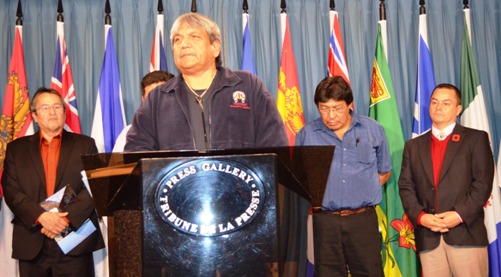Established in 1980, Northern Ontario Business provides Canadians and international investors with relevant, current and insightful editorial content and business news information about Ontario’s vibrant and resource-rich North. Ian Ross is the editor of Northern Ontario Business ianross@nob.on.ca.
A southern Ontario contractor claims Detour Gold Corp. (DGC) owes them more than $66.4 million for excavation and construction work performed at the company’s flagship Detour Lake gold mine project in northeastern Ontario.
North America Construction (NAC) has filed two statements of claim in the Ontario Superior Court of Justice in Cochrane against the Toronto miner and its affiliated Trade Winds Ventures of Vancouver.
NAC claims it’s owed $58 million for concrete work and $8.4 million for excavation work performed at the massive and remote open pit mine and mill project now under construction, 180 km northeast of Cochrane. The Morristown, Ont.-headquartered general contractor has slapped three construction liens for work performed by the company between November 2010 and April, 2012.
The project marked the 75 per cent construction completion mark in late June. North America Construction provides master building services to civil, municipal, biofuels, energy, mining and industrial sectors across Canada.
























